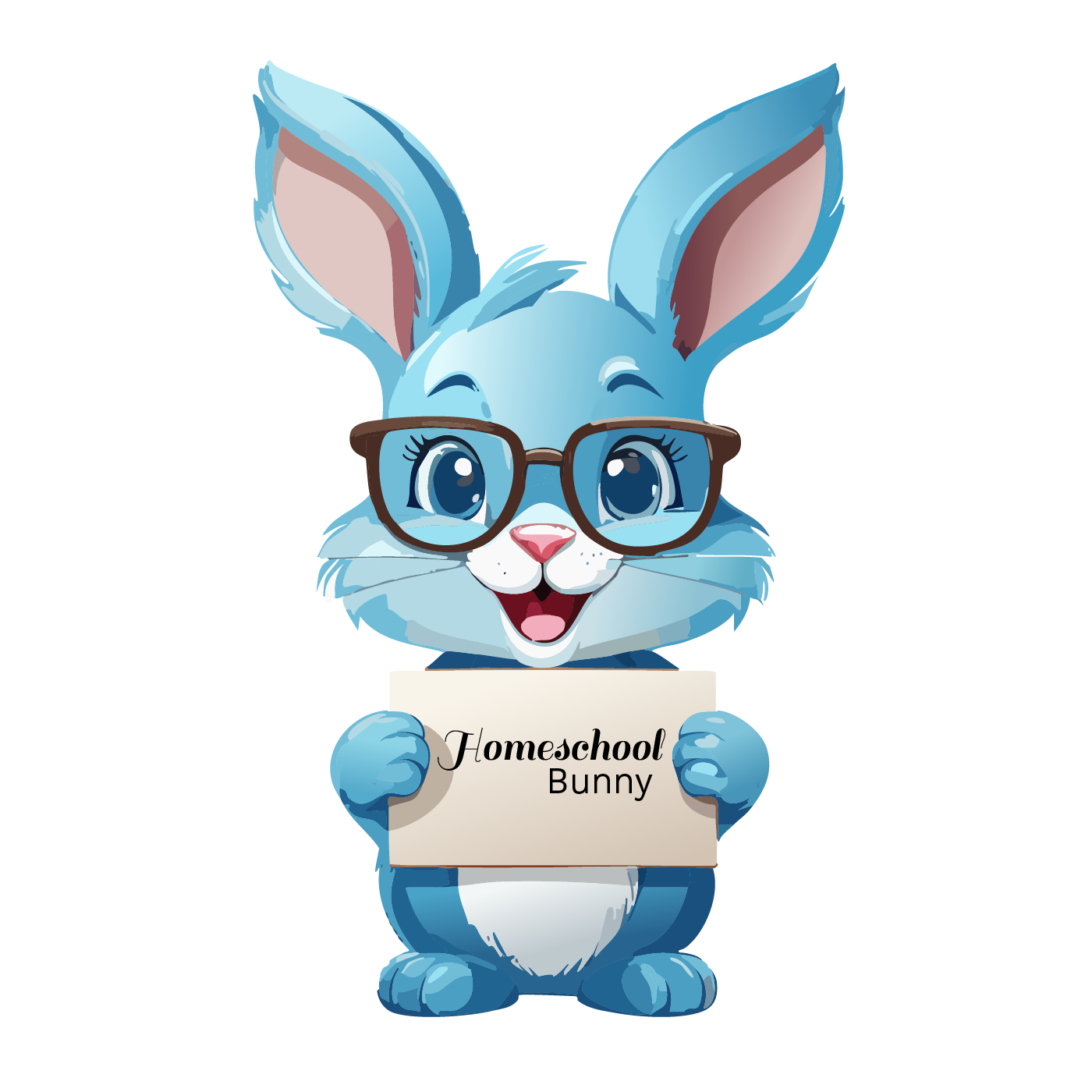The Charlotte Mason Method is an educational philosophy and teaching approach developed by Charlotte Mason in the late 19th century. Education is a lifelong, living process. Children should be treated as whole persons. Learning is developing character, intellect, and habits. It is still influential in homeschooling and some traditional educational settings today.
Charlotte Mason Method Key Principles
Living Books
Charlotte Mason believed in using “living books,” which are well-written, engaging, and rich in content for real-world experienced authors. Passionate authors write about interesting and personal experiences related to a subject matter. Instead of relying on dry textbooks, children are encouraged to read books that inspire a love of learning.
Narration
Students narrate what they’ve learned by describing, in their own words, what they’ve read or heard. This helps them develop the habit of paying attention and retaining information. It also encourages critical thinking and understanding rather than rote memorization.
Short Lessons
Charlotte Mason advocated for short, focused lessons that respect a child’s attention span. She believed in keeping lessons to a manageable length and covering a variety of subjects each day, as opposed to long, monotonous sessions.
Nature Study
Mason emphasized the importance of spending time in nature to foster a child’s observation skills and appreciation of the natural world. This method includes nature walks, sketching, and keeping nature journals.
Art and Music
Exposure to great works of art and classical music is essential to a Charlotte Mason education. Children appreciate and create their art and music.
Habit Formation
Mason believed that good habits are the foundation of character. Therefore, she stressed the importance of cultivating good habits in children in their academic work and daily life.
History and Literature
History and literature are central subjects in the Charlotte Mason Method. Children are exposed to various historical periods and literary genres, and they are used to understand the world and human experience.
Foreign Languages
Children learn foreign languages. Charlotte Mason believed children should begin learning a second language at a young age.
Avoiding Rewards and Punishments
Mason opposed the use of external rewards or punishments to motivate children. Children are naturally curious and have a love for learning.
Outdoor Education
Play and exploration are vital for a child’s physical and mental development. Spending time outdoors is part of the educational experience.
The Charlotte Mason Method strongly emphasizes the child as an individual and the importance of developing their character and intellect through a rich and varied curriculum. Homeschoolers often use it, but it can also be adapted for traditional classroom settings.



